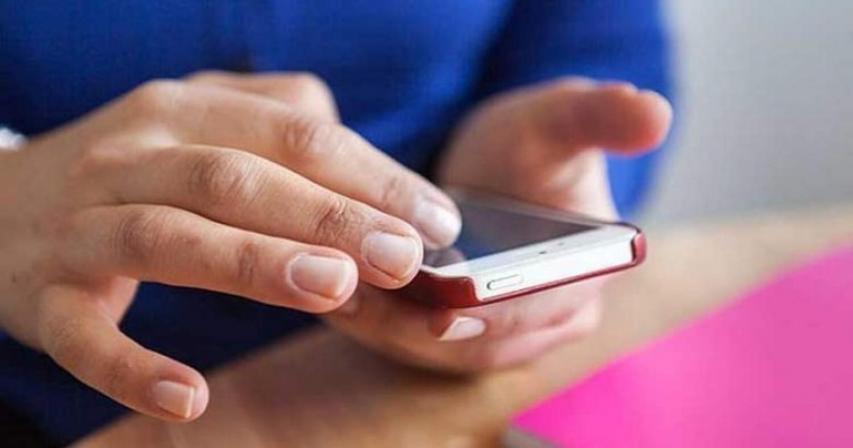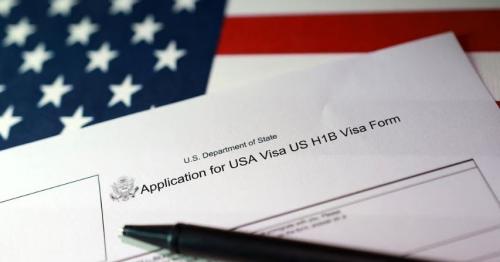UAE: Should parents check their child phone?

In Dubai, UAE mom, S. Abdalla found out from her son that her 14 year old daughter was planning something ‘suspicious’ with her friends. S. Abdalla’s daughter’s cell phone revealed a plot that her daughter and her friends had a plan to take revenge on a classmate who had hit them.
The girls were planning to use some sort of spray that was designed to irritate the eyes of the aggressor. Abdalla stepped in, saying that this could inflict harm to that girl.
One of those parents is a mother from UAE S. Abdalla who expressed her uncertainty about whether it is normal to check one’s children’s phones. It is undeniably wise to do thorough check-ups once in a while for security purposes like carrying out website restrictions or limiting friendships, however, over-monitoring can damage the process of support production.
What the law says
There is no law in the UAE that stops parents from checking their children's phones when it is needed; it is both a legal and a moral obligation to ensure the safety of children. "In the UAE, parenting authority clearly includes the right of parents to supervise a child’s phone especially for his/her protection", says Asma Siddiqui Senior Associate, BSA Law.
Siddiqui went on to explain that, ‘when a child reaches adulthood (18 years in UAE), he/she remains answerable for his/her own acts and privacy is given more importance.’
Justifying phone checks
When addressing this matter of phone supervision, parents should highlight the need to safeguard their minors from the hazards of the internet. It is also important to control their feelings and show maturity when children respond negatively to phone assessments.
“If children know that they can talk about anything with their parents without being judged, trust comes into the relationship,' said Dr Shaju George, psychiatrist at International Modern Hospital Dubai. Children become able to share such ideas since this environment is created with regular interaction.
George substantiates this by arguing that, “Having open, relevant, and healthy discussions all the time builds trust while allowing children to talk about absolutely everything.” This kind of method encourages constructive conversations without arguments.
Parents need to be on the lookout for some signs such as password locked devices, history and logs of texts and calls being deleted all the time, usage of phone at irregular times, being dishonest regarding phone usage and avoiding sharing how much time was spent on the phone regarding the children.
Parents have also been urged by the police to ensure that they spend time with the children in active engagement so they do not idolize screens for entertainment. The authorities have also advised safeguarding children from cybercrimes which can facilitate after a child purchases games online on scam sites and creates a platform to allow access into their banking accounts and gets robbed or after making one purchase, they are charged every month for amounts ranging from low to high.
An Emirati mother, Hajar H., saw on her 12-year-old son's phone screen a message regarding an order placed for a pocket knife and a knuckle duster and the family home address was used as the shipping address for the items. On being asked about the issue, her son said a friend ordered those things since he wanted them for school and his parents would not let him order anything. He just had them shipped to his house.
A psychiatrist at Zulekha Hospital Dubai, Dr Raga Sandhya Gandi, argued that while it is important for parents to track their children’s phones, there has to be a middle ground between privacy and safety. Or there are various healthy ways parents can monitor their children’s activities as far as phones are concerned:
-
Define appropriate use of the internet in respect of children
-
Encourage children to turn on privacy features in their device
-
Instruct kids on how to keep their data private
-
Demonstrate good behavior on the internet to children
The American Psychological Association advises that such measures be adopted by parents until children are 15 years. Nevertheless, Gandi points out that this does not apply universally and may differ for each child.
Dr. Gandi’s other point of view was put rather sternly: these parents should stay calm when they come across certain material on the child’s phone: “You must remain calm and tell the child you are there for him. Do not allow them to view or contact the relevant material and observe the child for signs of aggression, and possibly seek help from the physician.”






Comments